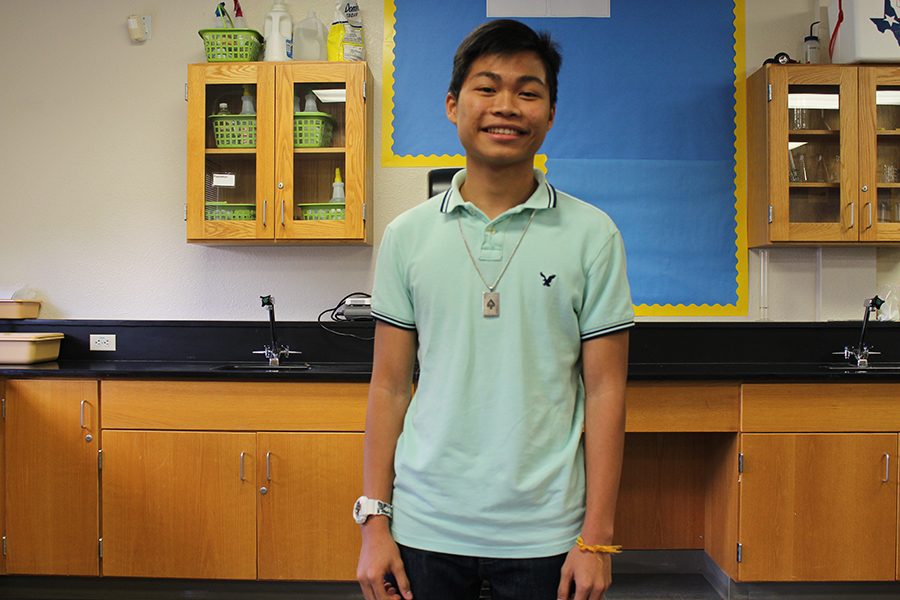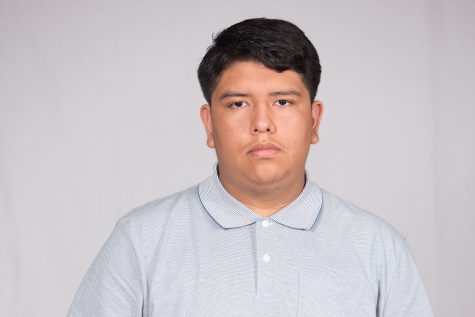From Vietnam To Texas: An Immigrant’s Journey
Senior Tuan Ha, an immigrant from Vietnam, said his transition to American life has been challenging, but rewarding.
October 9, 2016
Senior Tuan Ha is an immigrant who was born in Da Nang, Vietnam.
The English Language Learners program at Akins makes up a cosmopolitan group of students who come from as far away as El Salvador in Central America to countries in Southeast Asia.
Tuan Ha, who goes by Tony, is one such student who has made Austin his home after moving here from Da Nang, Vietnam four years ago.
Ha said his family decided to move to the United States to have a better economical status and provide their children with a better future.
He said he really like living in Austin, but he misses his home country, too.
“My favorite part about the U.S. is the freedom and peace I get compared to my home country, but I miss the food and all the friends and family I left behind,” Ha said.
Ha said his first day of school was a cultural shock for him.
“Everyone spoke a different language and they were many different kind of races in the school,” he said. “I was very nervous because I couldn’t communicate with anyone. I really struggled my first school year, trying to adapt to my new life.”
He said the biggest difference between his high school experience here and school in his home country is the teachers.
“Teachers are nice here. They didn’t hit you for doing something wrong like in Vietnam,” Ha said.
The school dress code is also more strictly enforced in Vietnam he said.
”In Vietnam school girls often wear white dresses while boys wear white shirts and red kerchiefs,” Ha said.
Another difference he sees between high school in Vietnam and high school in the United States is the number of days he has to attend school.
“The school week in Vietnam is six days, beginning on Monday and ending on Saturday, but children usually only attend school for half the day,” Ha said. “The school year usually lasts from September until May. In higher classes, and in secondary education, a foreign language (usually English, but sometimes Chinese or French), history, natural sciences, technology, music and geography are added.”
He also said that having a job is just as important as receiving education.
“Many children help their parents in the fields after they finish school and drop out early to help their families,” Ha said. “It is not unusual for secondary students to halt their education because their families can not afford the fees. More students are dropping out to look for jobs. Jobs that require education often have a low salary,” Ha said.
Ha said his favorite class is pre-calculus because he loves math.
“In the future I want to do accounting or something that relate to mathematics,” he said.
At the end, I asked him to say I love you Akins in Vietnamese.
“Tôi yêu Akins,” Tuan Said.
The interview helped me to learn about the culture and the education in Vietnam.








